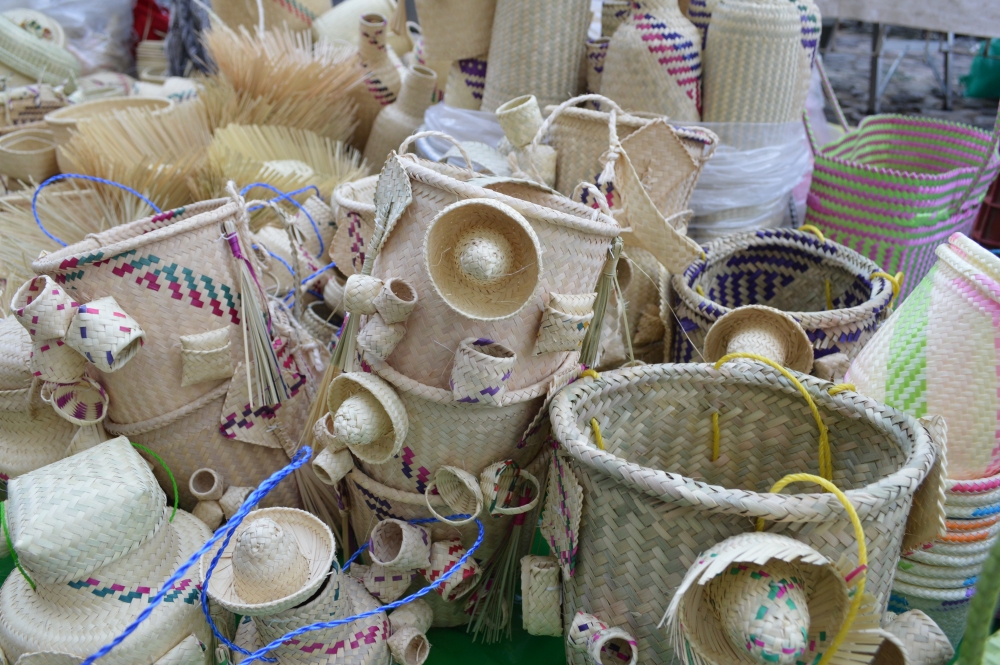


At Fundación Ávila Cruz, A.C., we work from our own comprehensive model that allows us to implement sustainable actions through five strategic axes:
I. Capacity building and sustainable community development.
II. Food and Nutritional Security.
III. Community Health and Well-being.
IV. Natural disaster relief.
V. Cultural Identity.
Strengthen the capacity of individuals and families through social guidance to promote their personal development and improve their decision-making capacity.
• Group training workshops on family, education, nutrition, work, and health topics.
• Training on socio-emotional skills such as stress management, conflict resolution, and decision-making.
• Workshops on financial education, personal planning, and healthy lifestyle habits.
• Training on self-care and the importance of health status.
• Training on self-esteem and healthy relationships.


Promoting comprehensive development in training, dissemination, guidance, and legal assistance in human rights is essential to empowering Indigenous and Afro-Mexican peoples and communities.
Promote the economic development of low-income communities through training in trades and skills geared toward self-management and self-employment, to generate their own job opportunities, reduce dependence on external aid, and significantly improve their quality of life.
Improve the nutrition of indigenous communities and vulnerable groups, with special emphasis on early childhood, women of childbearing age, and their families, to ensure comprehensive childhood development, guarantee healthy pregnancies and births, and prevent diseases.
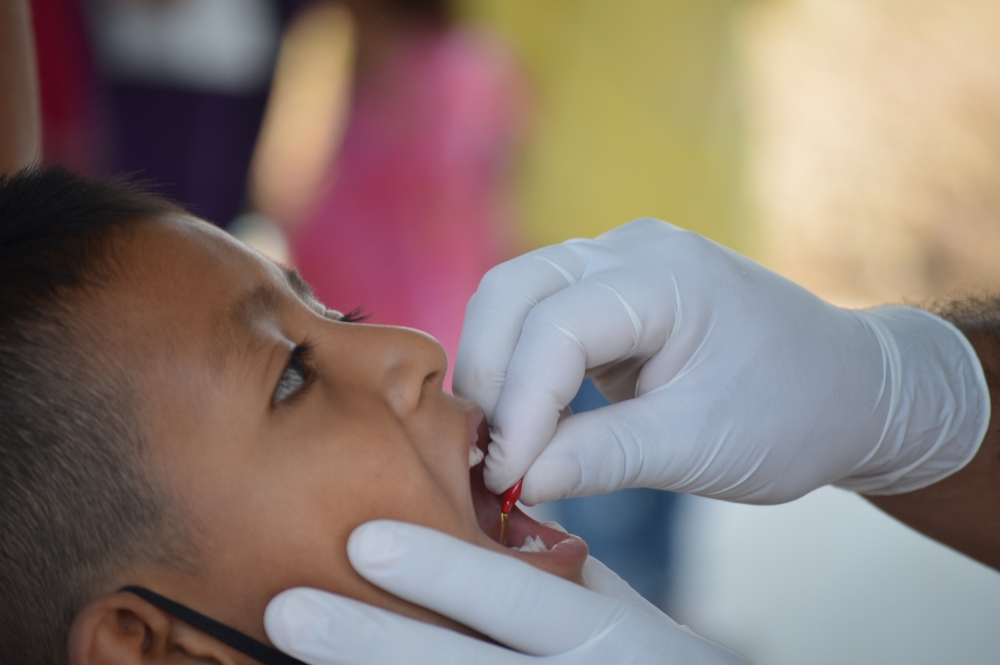
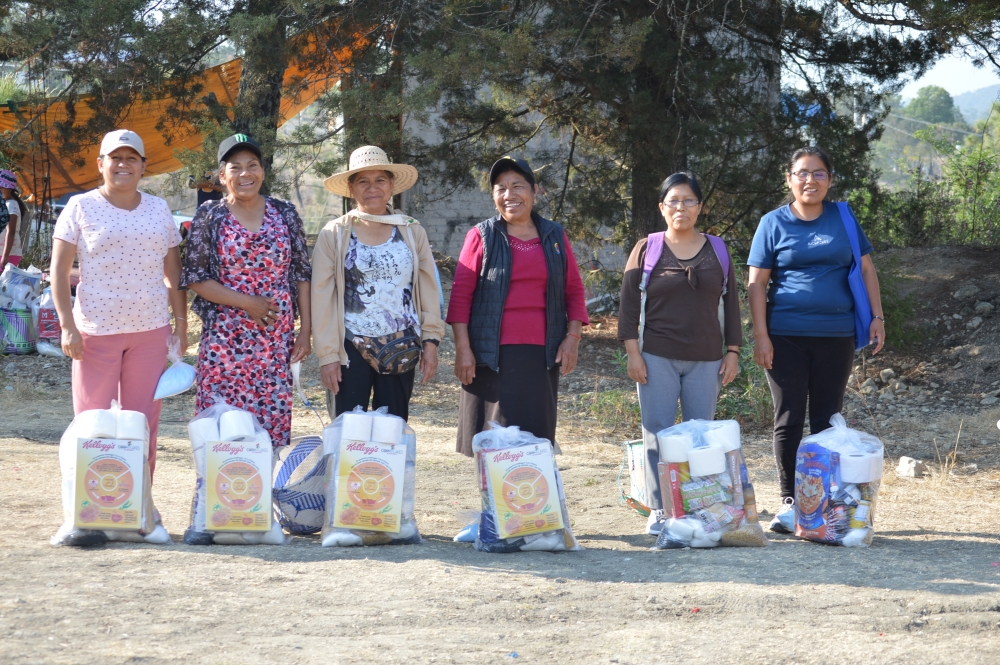
Expand access to clean water and basic sanitation systems in homes and community spaces in Indigenous communities and vulnerable groups to meet basic subsistence needs, improve health, prevent disease, reduce inequalities, empower communities, and strengthen resilience to climate change.
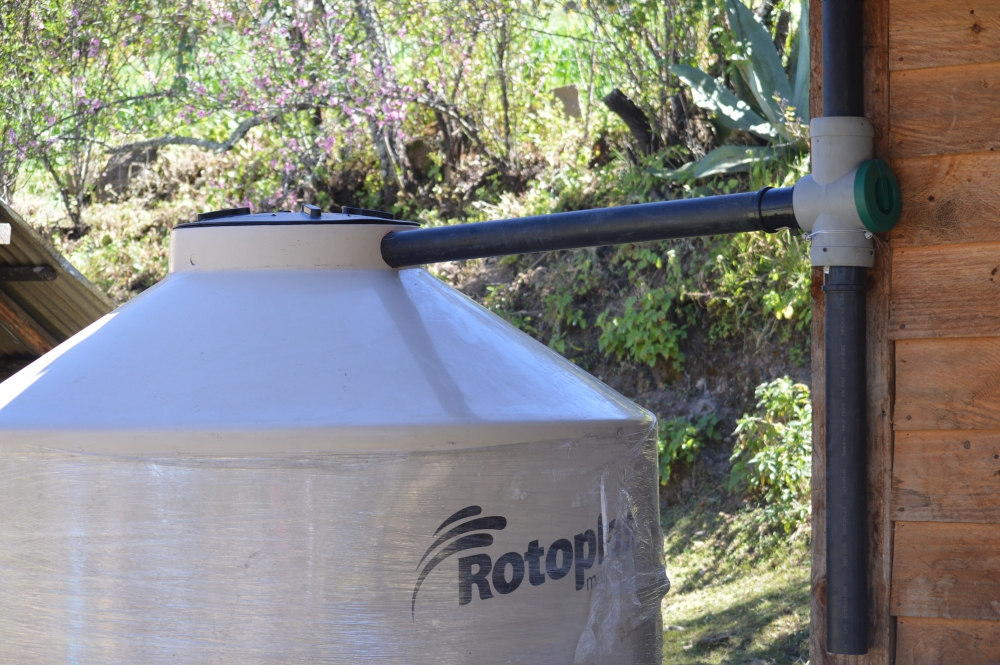
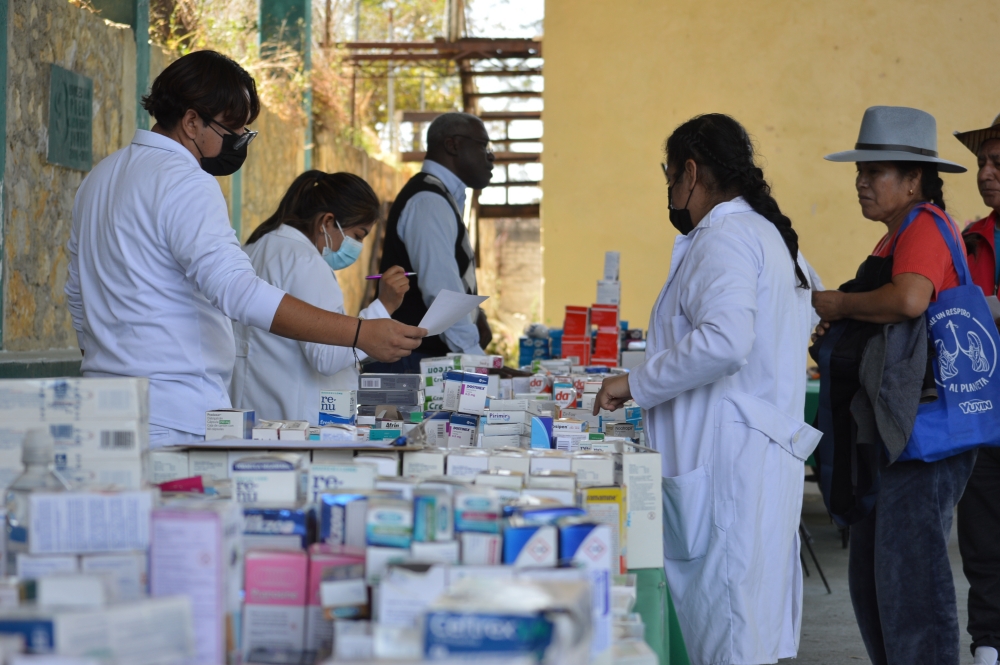
Provide first-class medical care to Indigenous communities and vulnerable groups to ensure equitable access to health services, enable early detection and treatment of diseases, reduce health inequalities, and improve their well-being.
Ensure the full inclusion and comprehensive development of people with disabilities through the provision of technical aids, therapies, and the promotion of social integration to increase their autonomy and boost their physical and mental well-being.
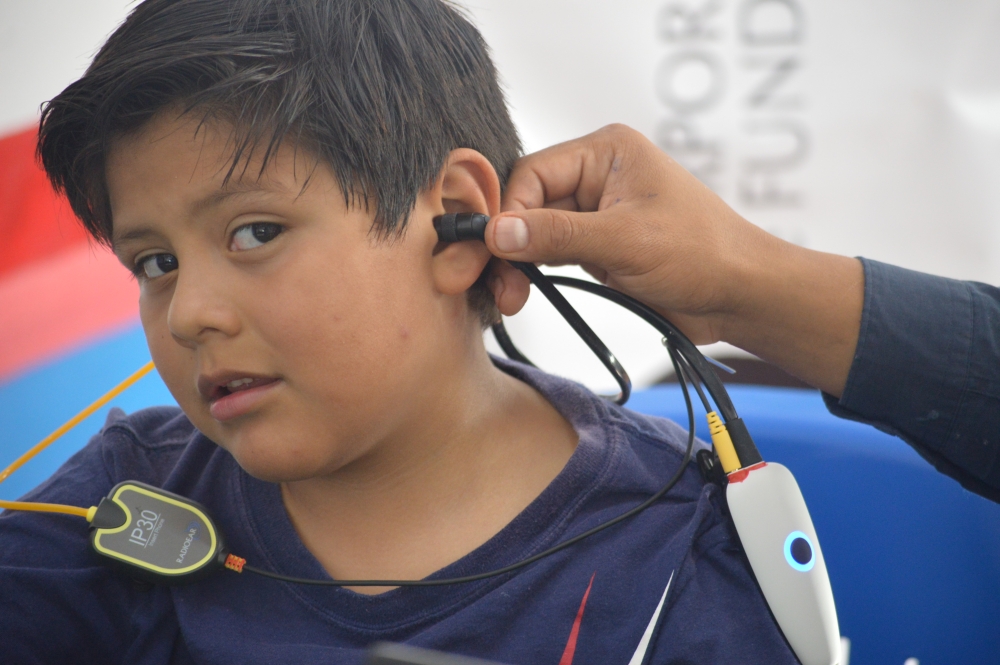

Providing a timely response to natural disasters in Indigenous communities and vulnerable groups is essential to saving lives, minimizing damage, and ensuring equitable recovery.
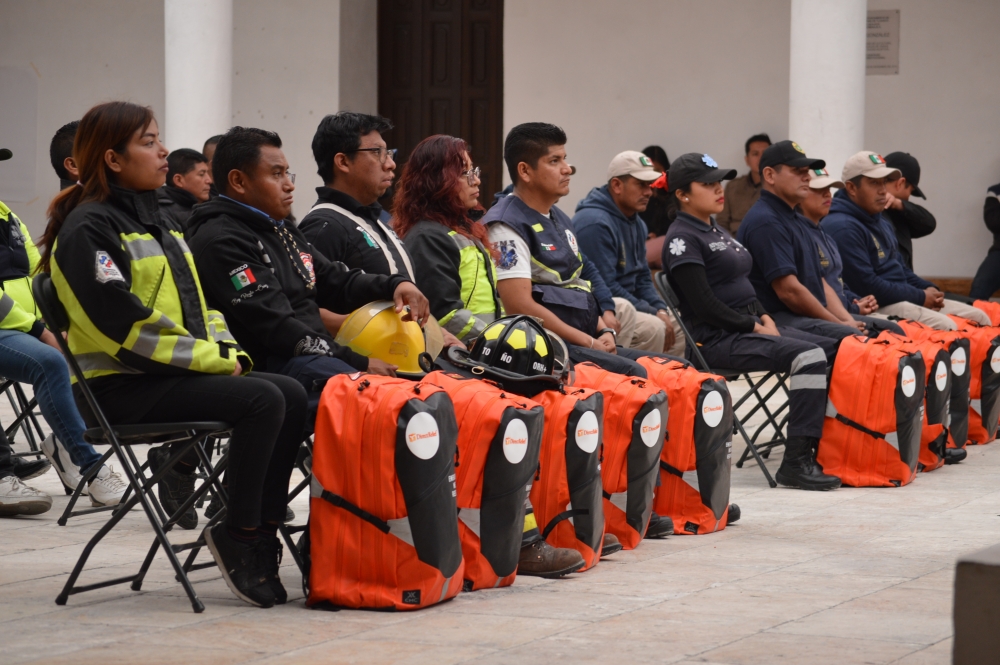

Strengthen and preserve the cultural identity of indigenous communities and vulnerable groups by promoting the transmission, appreciation, and continuity of their traditions, customs, and artistic expressions to protect their ancestral heritage, reinforce their sense of belonging, and ensure that these traditions and artistic expressions are passed on to future generations.
• Promoción del reconocimiento y valoración de la identidad cultural.
• Promoción de la transmisión intergeneracional de saberes y prácticas culturales.
• Fortalecimiento de la participación comunitaria en la gestión y promoción cultural.
